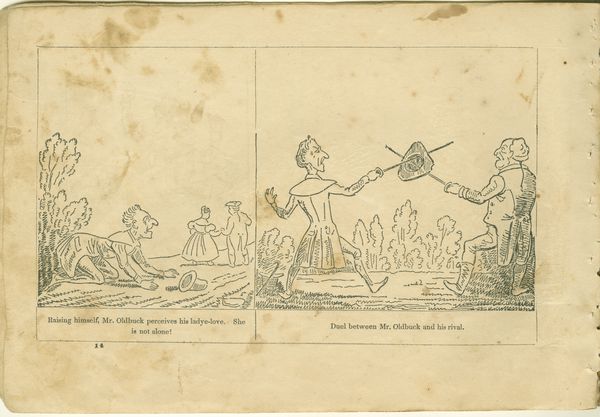The Book Arts Prize is a juried award given every year in recognition of excellence in the creation of a hand printed and bound book made in the Book Arts Studio by a Dartmouth College undergraduate or graduate student. The cash prizes are made possible through the generosity of the Friends of the Library.
There are four prize categories:
Book Arts Grand Prize
Letterpress Printing
Hand Binding
Artist Book (new category)
The Book Arts Program is fortunate to enjoy the participation of local bookbinders, printers, and amateur book artists. Again this year the competition will be open to the community to recognize and reward excellence in their work.
For complete details as well as the submission form go to the Book Arts Prize webpage.
All entries must be submitted by 5:00 pm, Friday, May 30.
There are four prize categories:
Book Arts Grand Prize
Letterpress Printing
Hand Binding
Artist Book (new category)
The Book Arts Program is fortunate to enjoy the participation of local bookbinders, printers, and amateur book artists. Again this year the competition will be open to the community to recognize and reward excellence in their work.
For complete details as well as the submission form go to the Book Arts Prize webpage.
All entries must be submitted by 5:00 pm, Friday, May 30.





